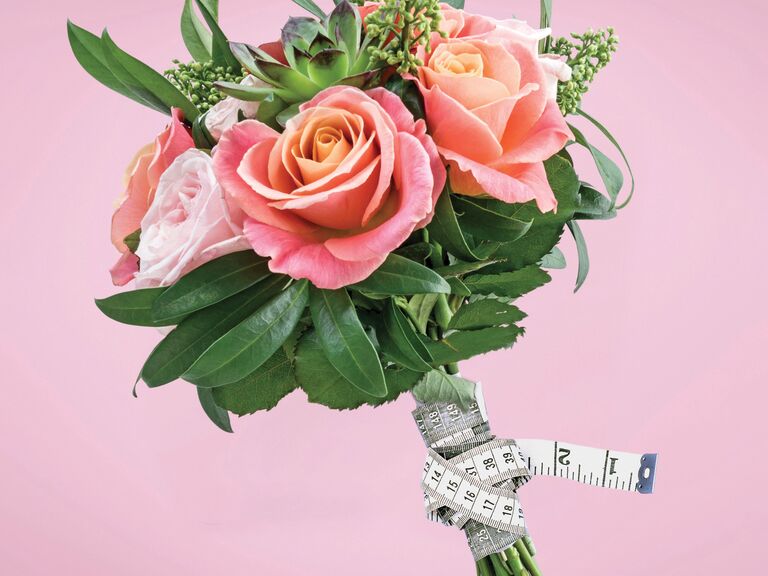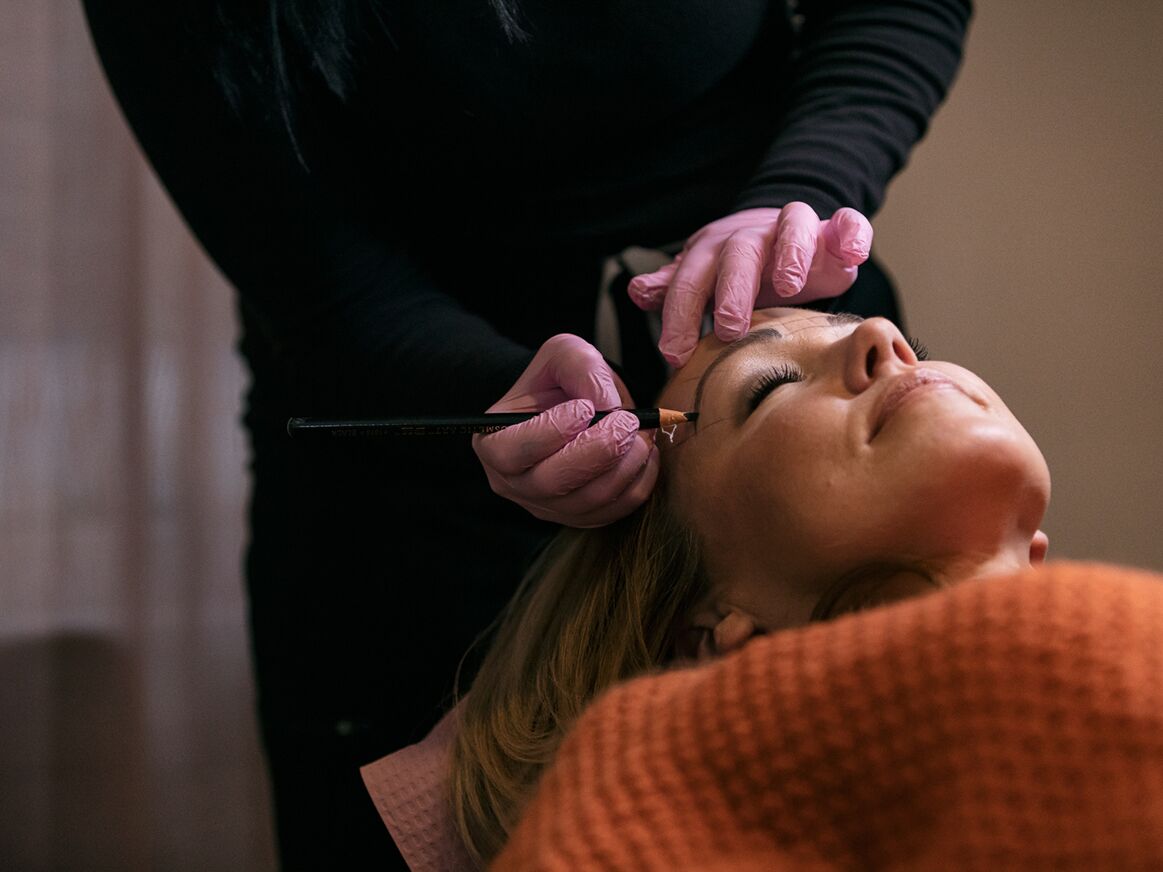Why We Don't Believe in the Wedding Diet

Let's start with a question: What is perfect, anyway? Diet culture has influenced the prewedding prep dialogue for far too long with phrases like "shedding for the wedding" or the thinly veiled "bridal body boot camp" of recent years. The fitness and diet industries promise toned arms for the bouquet toss, a six-pack for the tropical honeymoon and a Mia Thermopolis–like transformation in time for the wedding. (Miracles happen!)
Ozempic has added fuel to the fire by subliminally sending messages to an appearance-driven culture that thinner is better and that you can obtain semaglutide for off-label use if you're willing to pay the price. Unfortunately, what these marketing programs don't teach is how to sustain results by healing within.
The emphasis on the exterior over the interior, coupled with weddings, has inspired a reality TV show called Shedding for the Wedding and plenty of pop-culture fodder about magical makeovers and confidence-shattering fittings. Subconsciously, our brains have been programmed to approach weddings with a scarcity mindset: We must scale back on calories and reduce our measurements to throw a big event.
"Diet culture becomes even more prevalent during the engagement because of societal messages that the wedding needs to be 'perfect,'" says Dr. Erin Birely of The Renfrew Center for Eating Disorders in Pennsylvania. "Beyond the décor, these messages are internalized by brides or grooms as needing to look 'perfect' on the wedding day, which leads to restrictive diets or increased exercise to obtain the 'perfect' body."
To be clear, there is a difference between losing weight and feeling healthy. The intention matters. For years, I didn't understand the difference, often resorting to extreme tactics to "detox" and lose weight. Then I fell in love with my gym routine and a fitness class called The Sculpt Society. I first connected with its founder, Megan Roup, when she launched the program in New York City in 2017. The movements combined dance, cardio and some Pilates, and I religiously attended the classes until the pandemic.



Though I was relegated to working out in my apartment living room, a routine was set. I discovered that fitness wasn't about negating the cacio e pepe from the previous evening in pursuit of a lithe body. The endorphins, combined with energy-boosting nutritional habits, made me feel...dare I say, my best. Conversely, self-criticism of my body—and denying myself pasta—did very little to motivate me to lift weights.
That precise feeling of self-acceptance and accomplishment is the energy that Roup wants couples to take into wedding planning, a time when deprivation and restriction are especially prevalent. "While we want results from our workout, and there's nothing wrong about desiring change, it needs to be done in a healthy and sustainable way," she says. "I want us to feel less pressure to be at our 'thinnest,' which is often associated with our 'best.'"
Forget what you know. Our perceptions of "ideal" have been influenced by other decision-makers who want to commodify our relationship with our bodies. "The age-old marketing tactics of the fitness industry work," says Roup. "That's why we still see before and afters and talk about thigh gaps."
Diet culture also speaks to something beyond physical changes: It embodies our need for control. "It perpetuates the belief that people have to look a certain way in order to be viewed as attractive, productive, successful and competent," says Birely.
For couples, planning a wedding can further exacerbate that desire for control. Diets and deprivation typically don't address what's within (including factors like the mind-body connection). This often results in short-term "wins" and long-term frustration.
How do we modify the narrative? "It can be helpful for engaged couples to shift their mindset around the day," says Birely. "Shifting from creating a 'perfect day' to a genuine day can reduce overall stressors and the desire to pursue unrealistic expectations for the body." We live in a society that's evolving and focusing more on intentionality, and the hope is that we can move beyond extreme transformations. Instead, let's place an emphasis on the inner work that inspires lasting change.
Now that's worth celebrating.
A version of this story first appeared in the Summer 2024 Planning Issue of The Knot Magazine. Discover how to purchase the issue.




















